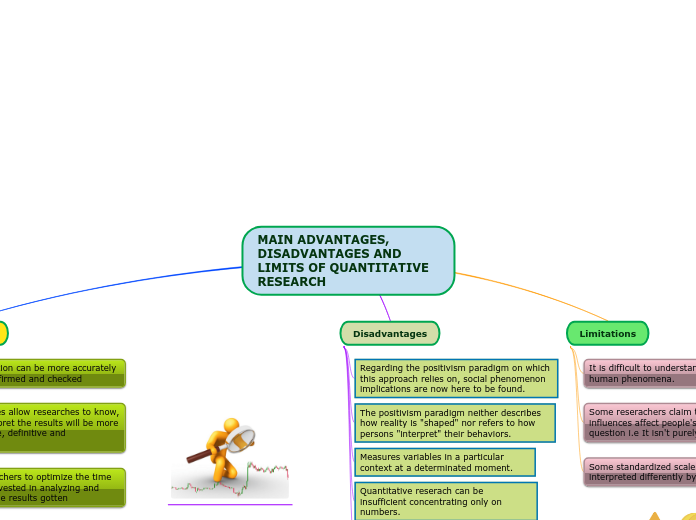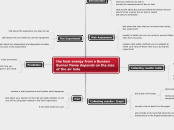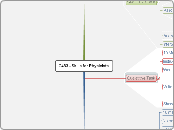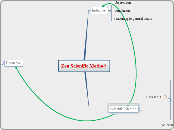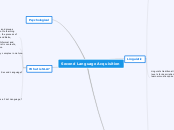por EDISON DAVID TONATO QUISPE 3 anos atrás
947
MAIN ADVANTAGES, DISADVANTAGES AND LIMITS OF QUANTITATIVE RESEARCH
Quantitative research offers numerous benefits, including the ability to verify and confirm data with high accuracy, answer fundamental questions, and save time through quick data collection.
